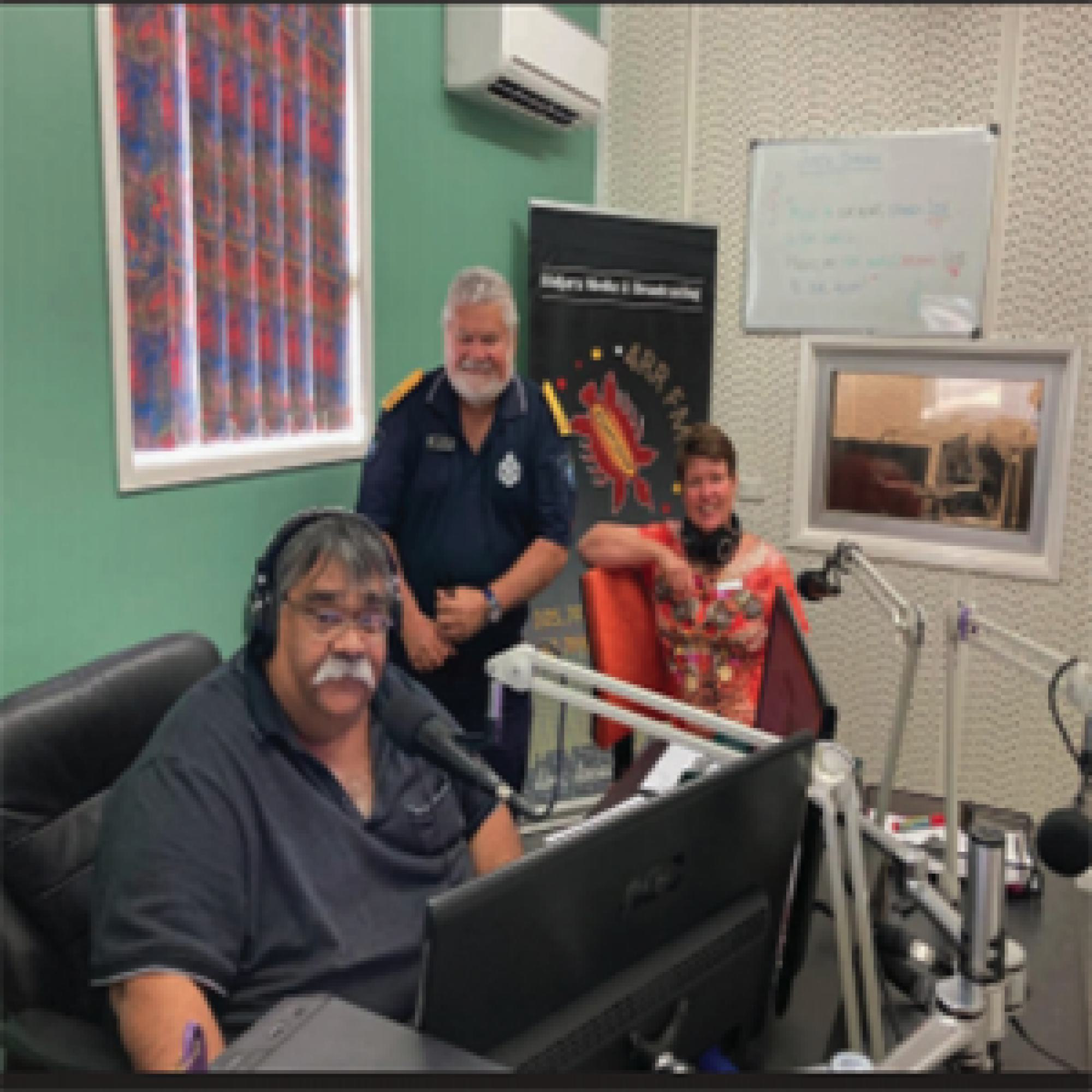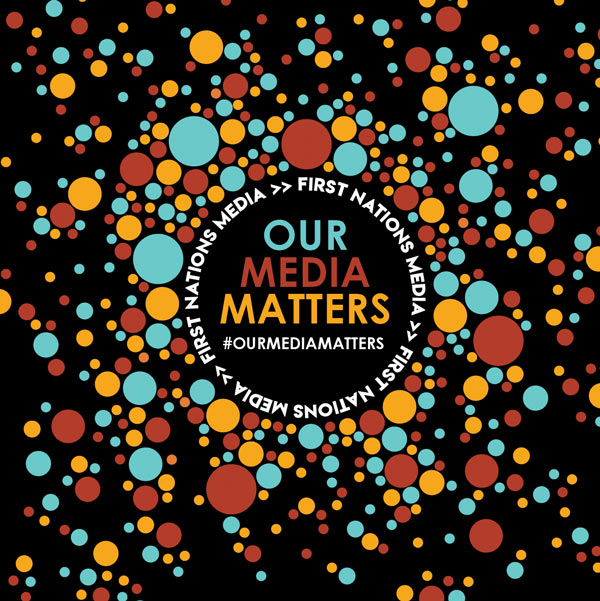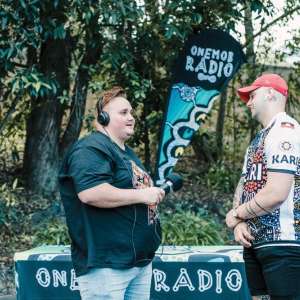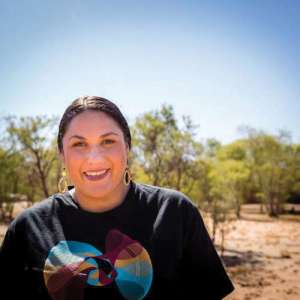
Robert Burns
Station Manager, 4RR FM 105.7, Charlesville QLD
Robert Burns is known by many in outback Queensland as the “voice of Charlesville.” His morning radio show on 4RRFM community radio sees him doing an average of 10 to 15 interviews, with guests ranging from the local footy tipping expert to legendary Aboriginal singer and songwriter Archie Roach.“When I was a young fella I remember seeing someone that looked like a young Archie on Sale of the Century, you remember these things because you didn’t see many other fellas like us on mainstream TV back then, not much has changed these days either,” he said. “So before the interview I asked him if it was him on the show...he said yes with a look of genuine surprise on his face. I wish I’d been recording at the time.” Now the interview guru and longstanding broadcaster has added Station Manager to his already impressive portfolio. Robert admits managing his new responsibilities along with the regular radio spot can be a challenge, but says it’s one he’s more than up for.
“We’ve just received word we’ve been successful in securing a grant which means we will be broadcasting into four other locations across rural and remote Queensland in early 2021,” he said. He said the move was more important than ever due to the recent closure of the local newspapers in the area. “Some have moved online but the fact is, many Communities either don’t have online access or they don’t choose to get their news that way and frankly, most of it is not local news,” he said. “We’re a bloody good station, our focus is on genuine local content showcasing local voices, issues, celebrations and successes. We strive to create and support Cultural content that celebrates people, not persecutes them.” Now in his mid-50s, Robert’s focus has also turned to supporting and developing the next generation of the Aboriginal community radio industry. One of his proudest pieces of work was being a part of a work experience program at the station with the local high school. “We would bring the kids to the station every week and they’d have a chance to do a live one hour radio show,” he said. “One of the young fellas got a job with us when he left school and did really well.”
Robert said while the young fella went on to get a good job elsewhere working on radio helped him with his time management skills. The work at the station gave him his first real life experience in the workforce. For Robert, the importance of continuing to support First Nations media outlets and the broader industry was about sharing, preserving and highlighting the stories and art of our Culture. “Our media matters because we’re sharing these stories on our terms. People might not like the message, it might make them uncomfortable but these are conversations everyone needs to have,” he said. “The problems with our corrections system, domestic and family violence, the stolen generation, now the stolen wages...without First Nations voices it simply wouldn’t be in the media. “Our music is important, it needs to be celebrated. “We need to get out there, and keep fighting the good fight.”
Other Case Studies:
O



